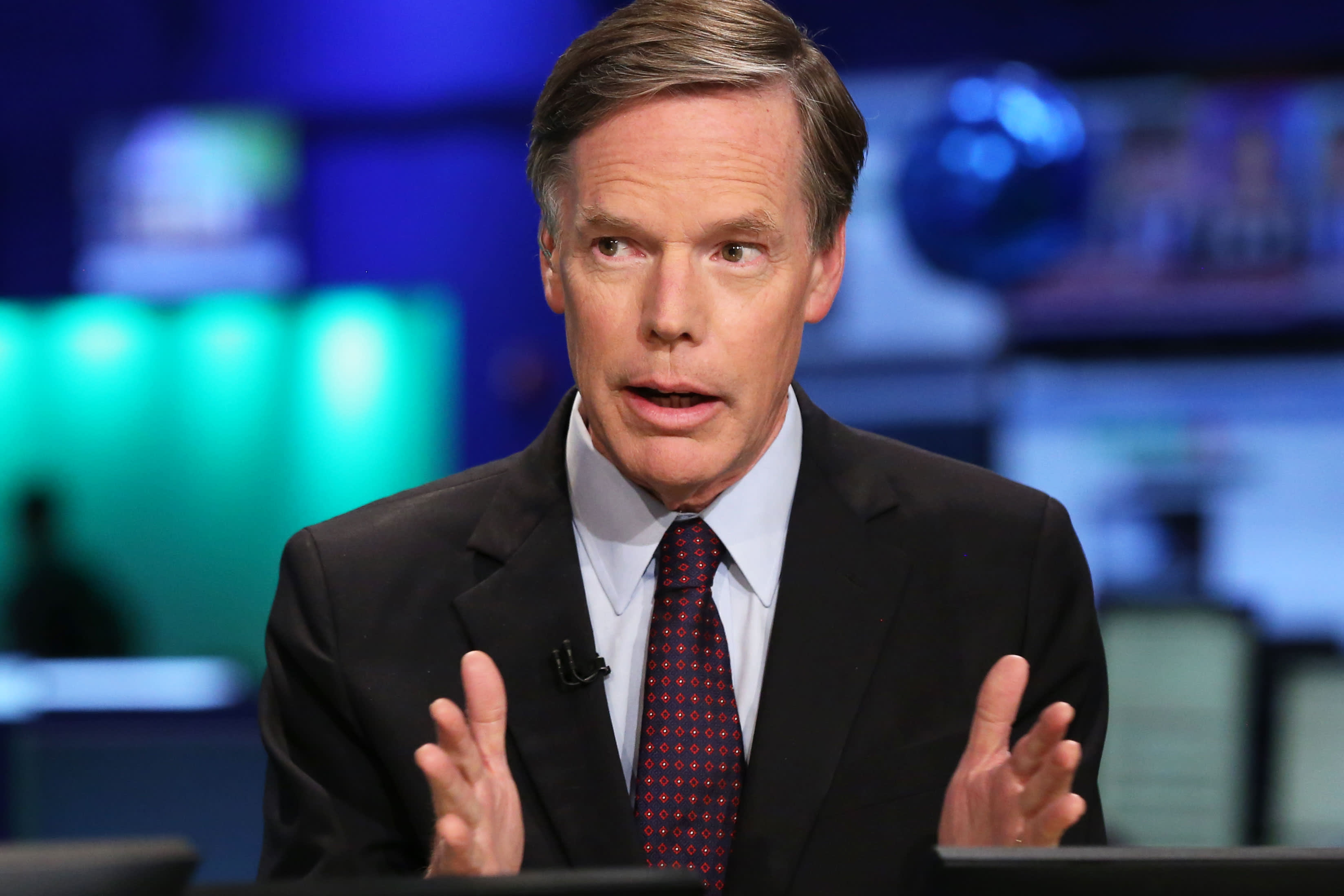WASHINGTON — President Joe Biden announced Friday his intent to nominate career diplomat and former U.S. ambassador to NATO Nicholas Burns as his ambassador to China.
The president also announced that former two-term mayor of Chicago Rahm Emanuel will be nominated as his ambassador to Japan.
Both announcements were widely anticipated, and once they are formally nominated, both Burns and Emanuel are expected to be confirmed by the Senate.
Burns is one of America’s most experienced and well-regarded diplomats, having served both Republicans and Democrats for more than 25 years. He was ambassador to Greece in the Clinton administration, ambassador to NATO in the George W. Bush administration, and undersecretary of State for political affairs from 2005 to 2008.
As the Biden administration makes economic and geopolitical competition with China the cornerstone of its broader foreign policy, Burns, as ambassador, would be the tip of the spear.
He would likely be charged with the dual task of executing policies that are deeply unpopular with his Chinese hosts while maintaining a cordial working relationship.
The White House has signaled that it intends to pursue a relationship with Beijing that somewhat mirrors Washington’s strategy toward the Kremlin.
While Russia and the United States are adversaries on nearly every front, senior diplomats in both countries maintain dedicated areas of cooperation on issues where it is in their mutual interest to cooperate, such as nuclear arms control.
This kind of model could be applied to U.S.-China relations, with cooperation on issues such as North Korea and climate change.
Unlike Burns, Emanuel is not a career diplomat, nor is he an expert on Japan.
A former White House chief of staff to then-President Barack Obama and previously a congressman from Illinois, Emanuel has close ties to several of the top figures in the Biden White House, including the current White House chief of staff, Ron Klain.
Within the broader Democratic Party, however, Emanuel is a polarizing figure.
A centrist on issues such as immigration and health care, Emanuel has drawn the ire of progressives in Congress since the early days of the Obama administration.
But it was his time as mayor of Chicago that nearly tanked any chance Emanuel had of joining the Biden administration.
As mayor, Emanuel was heavily criticized for refusing to release police dashcam footage for more than a year after the 2014 shooting of Laquan McDonald, a Black teenager who was shot 16 times by a police officer who claimed McDonald had “lunged” at him.
The footage of that shooting showed that, in fact, McDonald had been turned away from the police officer when the officer fired at him. McDonald collapsed at the first shot, but the officer didn’t stop; he fired another 15 rounds into McDonald as the teenager lay on the ground.
Emanuel claimed he had never seen the video, which plainly showed that the Chicago Police Department’s version of events was a lie.
Emails later revealed that Emanuel’s closest mayoral aides knew early on that the police story did not match the footage.
Emanuel’s nomination as Biden’s ambassador to Japan is a blow to progressives, who campaigned against him.
But as with any ambassador, it is Emanuel’s personal friendship with Biden and other top White House officials that matters most to the Japanese government.
In this respect Tokyo is no different from every other foreign capital: A U.S. ambassador is only as good as the time it takes them to get the president on the phone.
